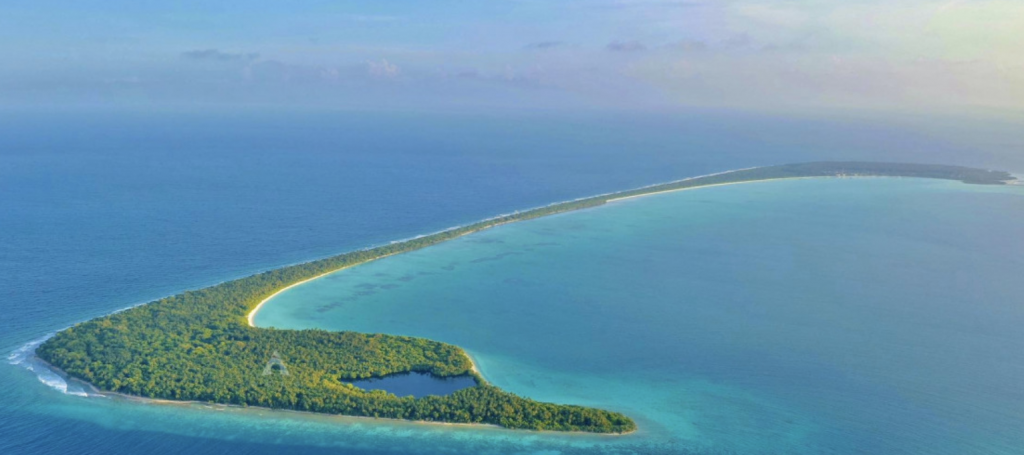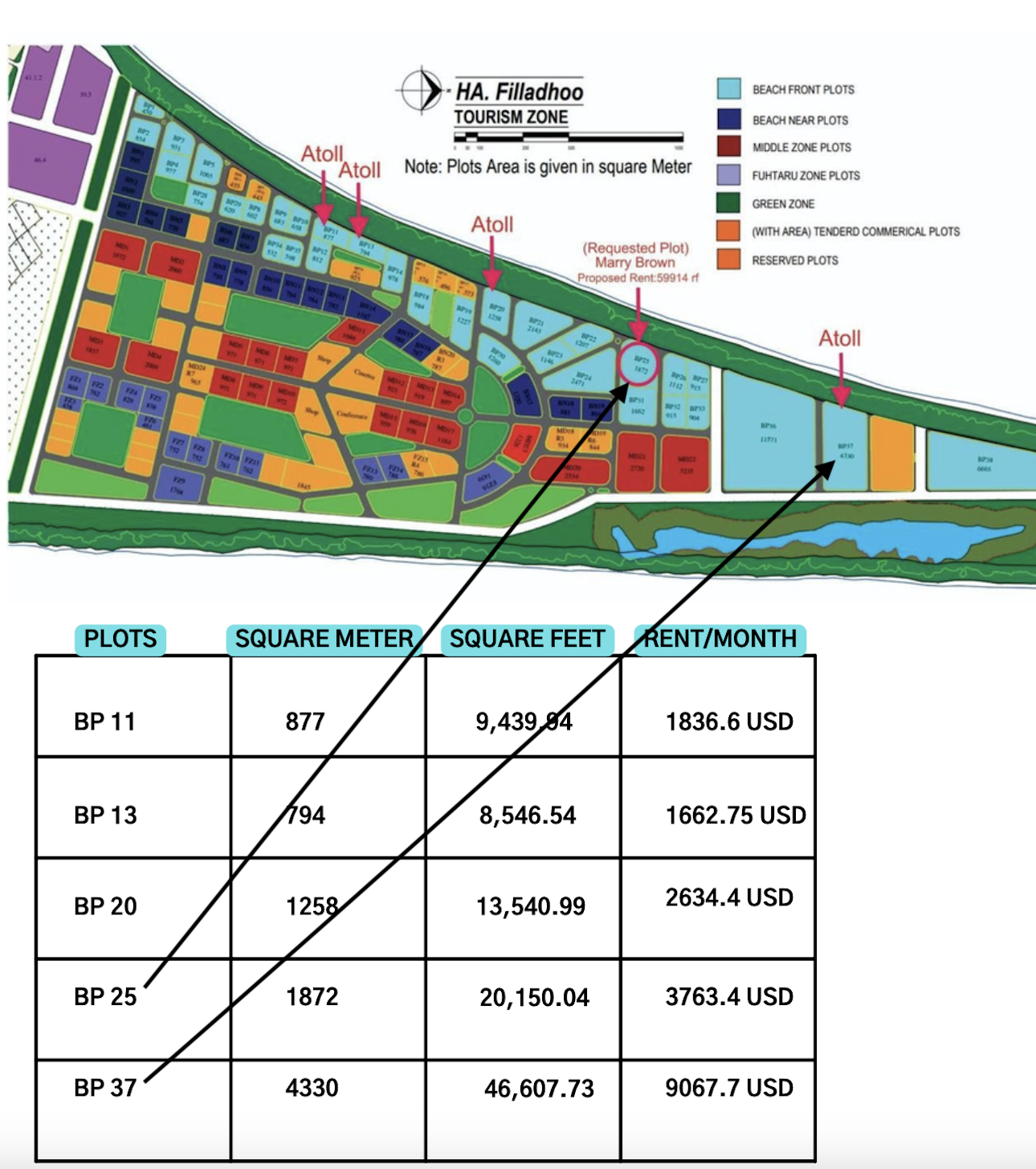
Overview
Nestled in the pristine Haa Alif Atoll of the Maldives, Filadhoo Island offers an unparalleled opportunity to invest in untouched natural beauty. Famous for its crystal‑clear turquoise waters, powder‑white beaches, and proximity to the legendary Captain Pantelis shipwreck, Filadhoo is a hidden gem just a 15‑minute boat ride from Hanimadhoo International Airport.
Atoll Discovery Maldives—a respected inbound travel agency with over 25 years of experience—has secured five prime beachfront plots on this idyllic island. Two of these parcels span 46,607 sq ft and 20,150 sq ft respectively, perfectly positioned to capture breathtaking ocean views. With our deep local expertise and proven track record, we invite you to join us in transforming these lands into a luxury Hotels destination. This business plan outlines our vision to create an exclusive sanctuary in paradise and deliver exceptional returns for our investors.

Proposed Timeline

1 – Planning and Pre-Construction Phase (2–6 months):
- Market research and feasibility study.
- Property acquisition and land preparation (if necessary).
- Design and architectural planning.
- Obtain necessary permits and approvals.
- Secure financing and investment.
2 – Construction Phase (9–18 months):
- Site preparation and clearing.
- Foundation and structural work.
- Building construction and exterior work.
- Interior construction, including guest rooms, common areas, and facilities.
- Electrical, plumbing, and HVAC installations.
- Landscaping and outdoor amenities.
- Quality control and inspections.
3 – Pre-Opening Phase (2–4 months):
- Hiring and training staff.
- Furnishing and decorating guest rooms and common areas.
- Marketing and branding preparations.
- Setting up reservation and management systems.
- Final inspections and permits.
4 – Operational Phase:
- The hotel is now open for business.
- Continual marketing and advertising efforts.
- Daily operations, including housekeeping, maintenance, and guest services.
- Financial management and reporting.
- Monitoring and improving guest satisfaction.
5 – Post-Opening Improvements:
- Periodic renovations and updates to maintain the property's appeal.
- Expansion or addition of facilities and amenities based on demand and financial feasibility.
- Responding to guest feedback and adapting services.
External Environment Analysis
It is very important to scan the external business environment, and hence a PESTEL analysis has been conducted. Below are some key opportunities and threats that may influence the performance of the guest house:
Political:
Maldives' current political environment is stable and peaceful. Government policies promoting SMEs, along with financing support from institutions like SDFC Bank, create favorable conditions for guest house businesses. Tourism Master Plans and tax-relief incentives for SMEs further enhance viability.
Ecological:
As a low-lying nation vulnerable to climate change, the Maldives has embraced eco-conscious initiatives. Our business model aligns with this vision through sustainable, eco-friendly guest house practices. The focus on conservation and wildlife tourism adds further opportunity.
Social:
The concept of local guest houses is widely accepted in Maldivian society. Growing domestic demand for tourism, coupled with increasing local incomes and population, supports long-term sustainability. The absence of major public health concerns allows smooth guest movement across islands.
Technological:
Integration of digital platforms—including e-commerce, e-travel systems, and online booking portals—is central to our operations. A strong online presence and access to tech-enhanced hospitality tools will allow us to attract international and local travelers efficiently.
Economical:
Despite limited market size within the Maldives, our focus is international. The economy is growing at a GDP rate of 6% annually, with South Asian economies like India also rising. Internal lending rates are at 11.75% and inflation (CPI) at 6%.
Legal:
The Maldives supports private enterprise through various laws and acts, including the Company Act and Employment Act. However, licenses and compliance with quality standards are required for tourism-related developments. This includes adherence to construction codes and health and safety standards.